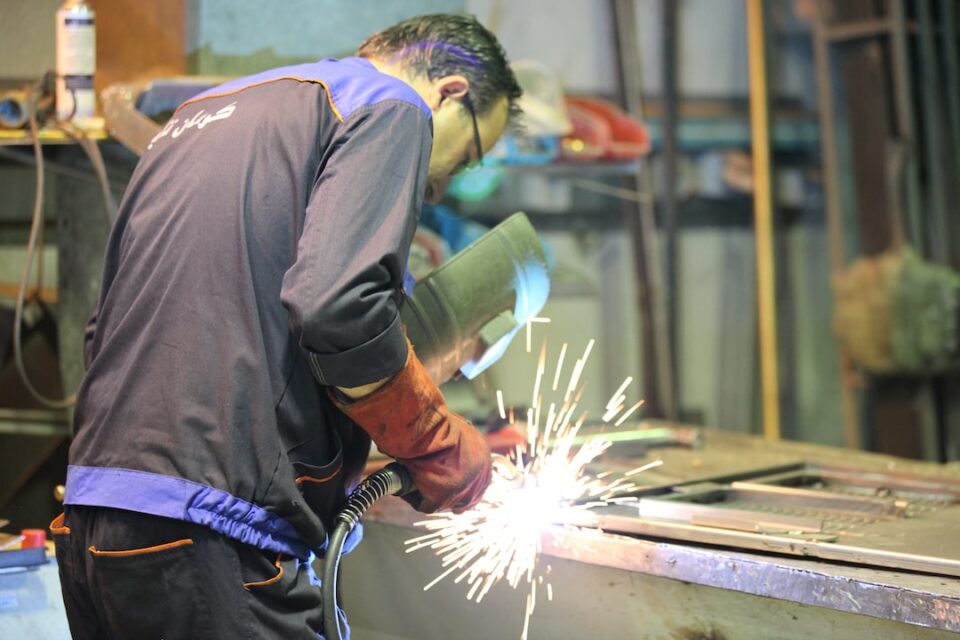With rapid advancements in technology, artificial intelligence (AI) is becoming increasingly integrated into various industries, including advanced manufacturing. AI has transformed multiple aspects of the manufacturing process, leading to countless benefits for businesses. In this blog post, we will explore the role of artificial intelligence in advanced manufacturing and how it is revolutionizing the industry.
One of the primary uses of AI in advanced manufacturing is predictive maintenance. Traditionally, manufacturing plants would rely on scheduled maintenance procedures or react to breakdowns, leading to unexpected downtime and increased costs. However, with the implementation of AI, predictive maintenance has become a game-changer. AI can analyze real-time data from sensors placed on equipment and machines, identifying patterns and predicting when maintenance is required. By accurately predicting maintenance needs, businesses can avoid costly breakdowns and ensure uninterrupted production, saving both time and money.
AI has also enhanced quality control in advanced manufacturing. In the past, ensuring product quality often required extensive human labor and manual inspection processes. However, with AI, automated visual inspection systems can rapidly detect defects or anomalies in products, ensuring consistent quality with incredible precision. AI-powered cameras and sensors can identify even the slightest defects, reducing the chances of faulty products reaching the market. This not only enhances customer satisfaction but also minimizes waste, resulting in significant cost savings.
Another significant role of AI in advanced manufacturing is in optimizing production processes. AI algorithms can analyze large amounts of data, such as historical production data, supply chain information, and market demand, to identify patterns and make predictions. By using this data, AI can optimize production schedules, inventory management, and resource allocation, improving overall efficiency. Businesses can maximize production output while reducing costs and minimizing inventory holding.
Additionally, AI has revolutionized the concept of collaborative robots, or cobots, in advanced manufacturing. Unlike traditional robots that require programming for specific tasks, cobots are designed to collaborate and interact with humans in a shared workspace. With AI, cobots can be trained to adapt to various tasks and environments, making them extremely flexible. They can perform repetitive tasks alongside human workers, enhancing productivity and reducing the risk of injury. The increased use of cobots has also enabled businesses to reallocate human resources to more complex and creative tasks, thereby boosting employee satisfaction and overall productivity.
Furthermore, AI has played a vital role in supply chain optimization. With its ability to process vast amounts of data, AI algorithms can analyze and predict trends in demand, allowing businesses to make informed decisions about inventory levels, supplier selection, and transportation routes. By streamlining supply chain management, AI can reduce costs, improve lead times, and enhance customer satisfaction.
In conclusion, AI has become an indispensable tool for advanced manufacturing. From predictive maintenance to quality control, optimizing production processes to enabling collaborative robots, and optimizing supply chain operations, the role of AI is paramount. The implementation of AI in advanced manufacturing offers numerous benefits, including reduced downtime, increased product quality, enhanced efficiency, improved workplace safety, and optimized supply chain management. As AI technology continues to advance, we can expect it to revolutionize the manufacturing industry even further, paving the way for a more cost-effective, efficient, and sustainable future.

